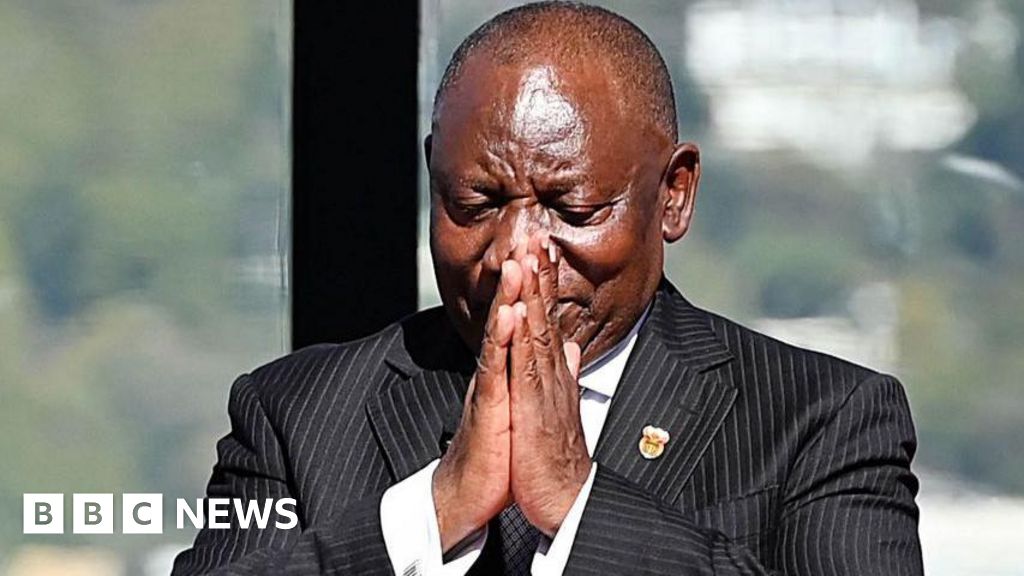South Africa’s New Coalition Government: A Historic Shift in Power
South Africa finds itself at a pivotal moment in history as President Cyril Ramaphosa of the African National Congress (ANC) revealed a new coalition government on Sunday. This development comes after the ANC, a party historically linked to the liberation struggle and led by eminent figures like Nelson Mandela, lost its parliamentary majority in the May 2024 elections. This is the first time the ANC will share power on a national level since the end of apartheid in 1994.
In his announcement, President Ramaphosa described the coalition as “unprecedented in the history of our democracy.” The government’s structure comprises 32 cabinet posts, with the ANC controlling 20, the pro-market Democratic Alliance (DA) holding six, and the remaining six distributed among smaller parties. The drastic reduction in ANC support reflects the public’s increasing dissatisfaction with the party’s performance on delivering essential services and addressing unemployment, poverty, and corruption.
The ANC, which came to power in 1994, played an instrumental role in dismantling decades of white minority rule. However, this alliance with the DA—a party some view as representing white interests—has sparked criticism among segments of ANC activists. Despite these criticisms, the business community has largely welcomed the coalition, preferring it over a potential alliance with more radical parties that have split from the ANC.
Key ministries such as defense, finance, and foreign affairs will remain under ANC control. Notable changes include Ronald Lamola, previously the justice minister, taking over as the new foreign minister. His predecessor, Naledi Pandor, had been particularly vocal in supporting the Palestinians and critiquing Israeli actions in Gaza. The DA’s John Steenhuisen is set to lead the agriculture ministry, a sector historically dominated by white farmers and corporations. The DA will also manage home affairs, a ministry crucial for immigration control, and public works, which has historically been troubled by corruption scandals.
In a televised address, President Ramaphosa underscored the incoming government’s commitment to “rapid, inclusive, and sustainable economic growth and the creation of a more just society.” The ANC hailed this coalition as “an important step forward, and a testament to the resilience of our democracy.” Meanwhile, the DA expressed readiness to meet this challenge, promising “good governance, zero tolerance for corruption, and pragmatic policy-making.”
While the coalition symbolizes a significant step towards political inclusivity, underlying tensions remain. The ANC and DA, historically at odds over policies, face stark disagreements on several key issues. Notably, the DA opposes the ANC’s national healthcare policy and its black economic empowerment program. The ANC maintains control over ministries critical to these initiatives, such as mines, trade, and land reform.
In the recent elections, the ANC garnered 40% of the vote, while the DA secured 22%. The coalition represents a new chapter in South African politics, reflecting voter sentiment and necessitating concessions and cooperation across party lines.
As South Africa steps into this new era of coalition governance, the nation will be closely watching how these political dynamics unfold, particularly in tackling long-standing issues of economic inequality and systemic corruption, while fostering sustainable growth.
For more details on the African National Congress, visit their official website: African National Congress.
